Powder
Table of Contents
What Is the Best Protein Powder and Why It Matters
Best protein powder is a key part of any fitness or health journey. Protein itself is essential for muscle repair, growth, and overall well-being. Whether you’re aiming to build muscle, lose weight, or simply stay healthy, choosing the right protein powder can boost your results. In this guide, you’ll learn everything about protein powders — their types, benefits, and how to pick the perfect one for your individual needs.
Why Protein Powder Is Important for Your Health and Fitness
Best Protein Powder is made of amino acids, the building blocks of muscles, enzymes, hormones, and other vital components in the body. Getting enough protein is especially important if you:
- Want to build or maintain muscle mass
- Are recovering from injury or surgery
- Follow a vegetarian or vegan diet
- Have increased protein needs due to aging or illness
- Are trying to lose weight while preserving lean muscle
While whole foods like meat, dairy, eggs, legumes, and nuts are excellent protein sources, protein powders provide a convenient and efficient way to supplement your intake. They are easy to digest, quick to prepare, and can be consumed anytime during the day.
Types of Protein Powder: Which One Is Right for You?
Choosing the best protein powder depends largely on your dietary preferences, fitness goals, and any allergies or intolerances. Here are the most common types:
Whey Protein
Whey protein is derived from milk and is the most popular choice for athletes and fitness enthusiasts.
- Pros: Complete protein with all essential amino acids, rich in BCAAs (branched-chain amino acids), fast absorption
- Cons: Contains lactose, not suitable for lactose-intolerant individuals
- Best For: Muscle building, post-workout recovery
Casein Protein
Casein is another milk-derived protein but digests more slowly than whey.
- Pros: Slow and steady release of amino acids, good for nighttime use
- Cons: Similar lactose concerns as whey
- Best For: Sustained muscle recovery, overnight muscle repair
Plant-Based Protein
Includes pea, rice, hemp, soy, and mixed blends.
- Pros: Suitable for vegans and those with dairy allergies, often rich in fiber and micronutrients
- Cons: Some plant proteins may be low in certain essential amino acids (but blends solve this)
- Best For: Vegans, vegetarians, and those seeking cleaner, allergen-friendly options
Egg White Protein
Made from dehydrated egg whites, offering a complete amino acid profile without dairy.
- Pros: High bioavailability, low fat and carbs
- Cons: Allergies to eggs can be a limitation
- Best For: Those avoiding dairy but wanting complete protein
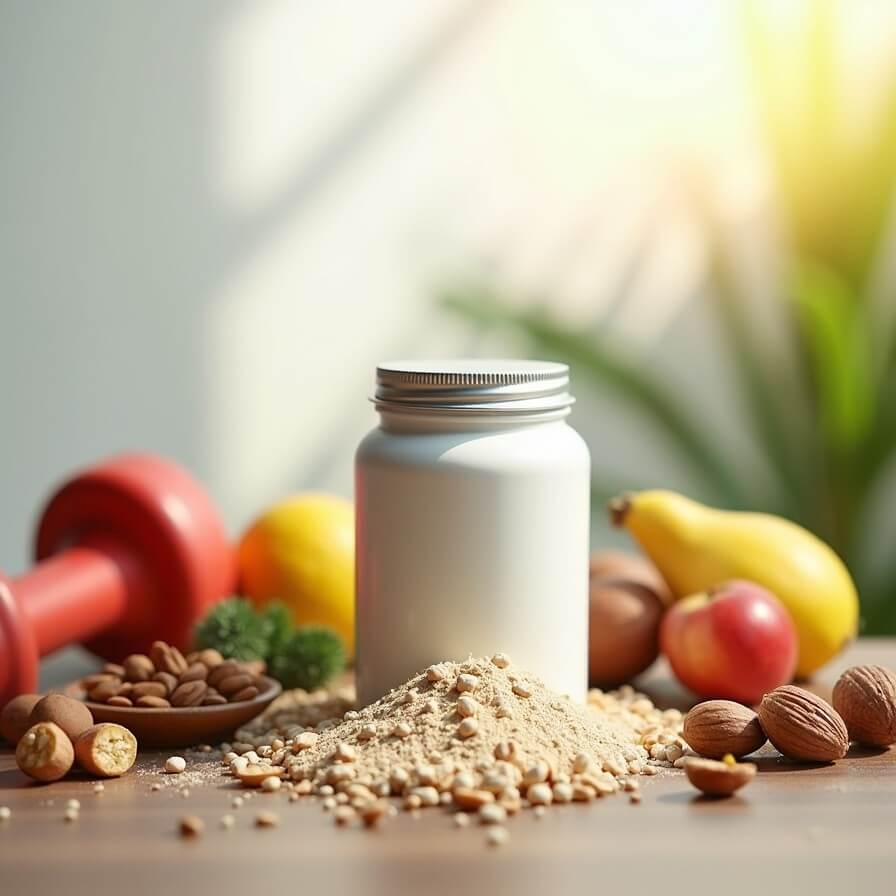
Health Benefits of Using the Best Protein Powder
Incorporating the best protein powder into your daily routine offers many benefits:
- Supports Muscle Growth and Repair: Protein supplies amino acids needed for muscle protein synthesis, crucial after workouts.
- Aids Weight Management: Protein increases feelings of fullness and can boost metabolism.
- Enhances Recovery: Helps reduce muscle soreness and speeds up healing.
- Boosts Immune Function: Certain amino acids support immune cells and gut health.
- Supports Bone Health: Protein intake is linked to better bone density and reduced fracture risk.
How to Choose the Best Protein Powder for Your Needs
Here are practical tips to help you select the best product for Best Protein Powder:
- Check Protein Content: Aim for at least 20 grams per serving.
- Look for Complete Proteins: Ensure all essential amino acids are present.
- Consider Dietary Restrictions: Lactose-free, gluten-free, vegan options as needed.
- Read Ingredients: Avoid artificial sweeteners, fillers, or excessive additives.
- Check Brand Transparency: Choose trusted brands with third-party testing.
- Evaluate Flavor and Mixability: Taste matters for consistent use.
Best Times to Use Protein Powder for Optimal Results
Timing your protein intake can enhance its benefits:
- Post-Workout: Within 30-60 minutes to jumpstart recovery
- Morning: To break the overnight fast and preserve muscle
- Before Bed: Slow-digesting casein supports muscle repair overnight
- Between Meals: To meet daily protein goals and curb hunger
How Much Protein Powder Should You Take?
Daily protein needs vary:
- Sedentary Adults: About 0.8 grams per kilogram of body weight
- Active Individuals: 1.2 to 2.0 grams/kg depending on activity level
- Athletes and Bodybuilders: Up to 2.2 grams/kg or more during intense training
- Older Adults: Slightly higher intake to counter muscle loss
Best Protein Powder should supplement your total protein intake, not replace whole foods entirely.
How to Identify the Best Quality Protein Powder: Tips to Avoid Low-Quality Products
Choosing the best protein powder isn’t just about the type or flavor — quality varies widely between brands and products. Here’s how to ensure you pick a premium protein powder that delivers real results and safety.
1. Look for Third-Party Testing and Certification
High-quality protein powders often undergo independent testing to verify purity and ingredient accuracy. Certifications to watch for include:
- NSF Certified for Sport
- Informed-Sport or Informed-Choice
- USP Verified
These labels ensure the product is free from banned substances, heavy metals, and contaminants.
2. Check the Ingredient List for Additives and Fillers
Some protein powders use cheap fillers like maltodextrin, soy lecithin (which some avoid), artificial sweeteners (sucralose, aspartame), or excessive sugars. The best powders focus on clean ingredients:
- Minimal additives
- Natural sweeteners like stevia or monk fruit
- No proprietary blends that hide exact amounts
3. Protein Content and Amino Acid Profile
- Confirm the amount of protein per serving (ideally 20-30g)
- Check if the powder provides all nine essential amino acids (complete protein)
- For muscle repair, look for a good amount of BCAAs, especially leucine
4. Source and Processing Method
- Whey isolate is purer and lower in lactose than concentrate
- Cold-processed or microfiltered proteins tend to retain more bioactive peptides
- For plant proteins, blends usually improve amino acid completeness
5. Taste and Mixability
Though not related to quality per se, taste and how well the powder mixes with water or milk affects your consistency in using it. Poor-tasting or gritty powders are often wasted.
Common Protein Powder Scams and How to Avoid Them
Beware of:
- “Too Good to Be True” Prices: Extremely cheap powders may skimp on protein content or quality
- Fake Reviews: Look for verified buyer reviews and expert opinions
- Proprietary Blends: These hide exact amounts of each ingredient, making it hard to assess value
- Misleading Labels: “All-natural” or “organic” doesn’t always mean high quality
Potential Contaminants in Protein Powders: What You Should Know
Some Best Protein Powder have been found to contain:
- Heavy metals like lead, arsenic, or cadmium due to contaminated raw materials
- Pesticide residues, especially in plant-based powders
- Undeclared allergens
Choosing trusted brands with transparent testing helps reduce risks.
Best Protein Powder and Allergies: What to Watch For
- Dairy allergies or lactose intolerance require avoiding whey or casein unless labeled lactose-free
- Soy protein can cause reactions in sensitive individuals
- Cross-contamination risks in manufacturing plants
Always check allergen warnings and start with small doses if trying a new powder.
How to Incorporate Best Protein Powder Into Your Daily Diet Creatively
Best Protein Powder don’t just have to be shakes! Here are tasty ideas:
- Smoothies: Blend with fruits, veggies, and healthy fats for balanced nutrition
- Oatmeal or Porridge: Stir in protein powder for extra sustenance
- Baking: Add to pancakes, muffins, or protein bars
- Yogurt or Cottage Cheese: Mix for a creamy protein boost
This versatility helps maintain a consistent protein intake.
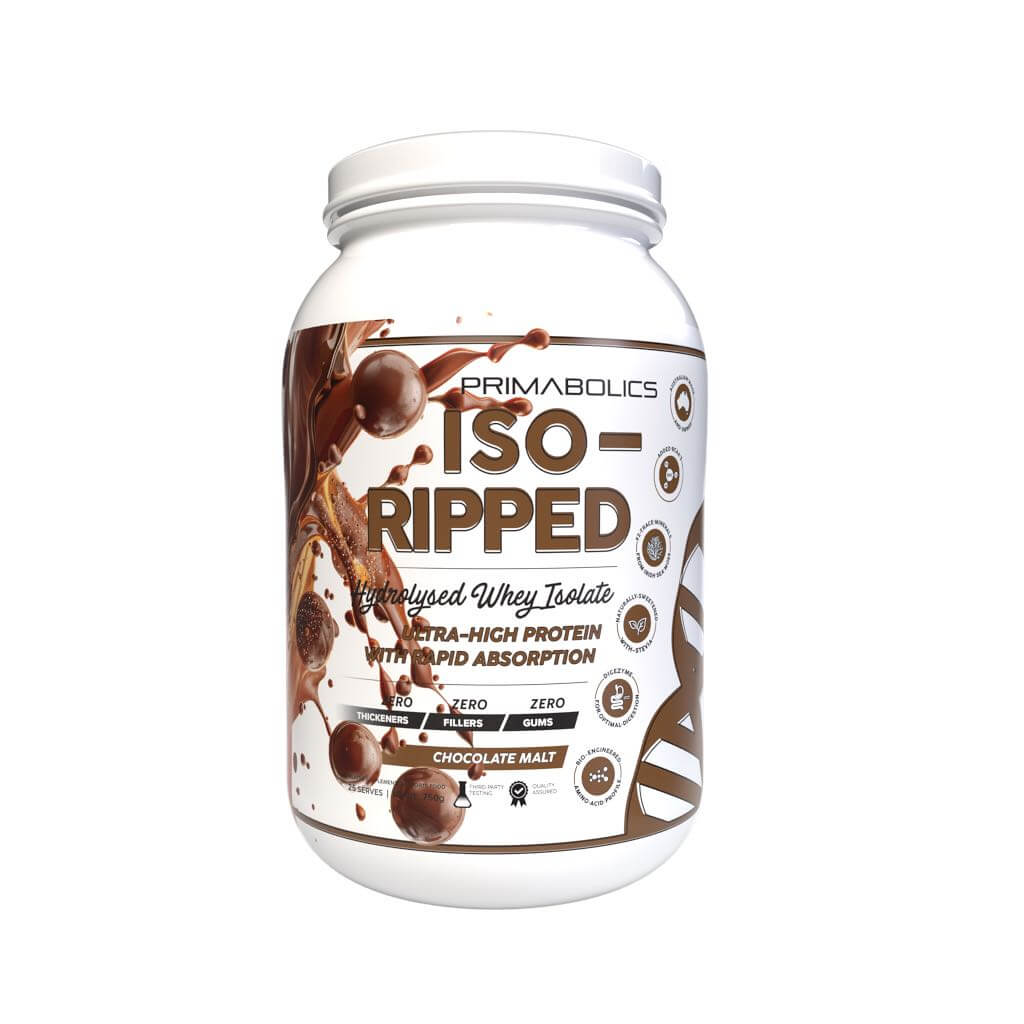
Best Protein Powder for Different Age Groups and Life Stages
Protein needs and the choice of the best protein powder can vary significantly across different ages and physiological conditions. Tailoring protein intake can optimize health outcomes whether you’re a teenager, an adult, or an older adult.
Protein Powder for Teens and Young Adults
During adolescence, protein supports rapid growth, hormonal changes, and increasing physical activity.
- Protein powders can supplement diets especially for young athletes or those with increased needs.
- Choose powders with natural ingredients and moderate protein content (15-20g per serving) suitable for growing bodies.
- Avoid excessive stimulants or additives marketed toward this group.
Protein Powder for Adults
Adults use protein powders mainly for muscle maintenance, fitness goals, and general wellness.
- Whey and plant-based proteins are both popular, depending on dietary preference.
- Adults balancing work, family, and fitness benefit from convenient, quick protein sources.
- Incorporating protein powders helps meet daily protein requirements often missed due to busy schedules.
Protein Powder for Older Adults and Seniors
As we age, muscle mass naturally declines a condition called sarcopenia. Protein intake becomes crucial for:
- Preserving muscle strength and mobility
- Supporting bone health
- Enhancing recovery from illness or surgery
Best protein powders for seniors often have:
- Easily digestible proteins like whey isolate or egg white
- Added vitamins such as vitamin D and calcium
- Lower sugar and fat content
Best Protein Powder for Pregnant and Breastfeeding Women
Protein demands increase during pregnancy and lactation to support fetal growth and milk production.
- Protein powders designed for this group often contain extra nutrients like iron, folate, and DHA.
- It’s important to consult a healthcare provider before starting supplementation.
- Plant-based powders can be a gentle option for sensitive digestion.
Understanding Protein Quality: Complete vs. Incomplete Proteins in Protein Powders
One of the most critical factors when choosing the best protein powder is protein quality, which depends on the amino acid profile.
What Are Complete Best Protein Powder?
Complete Best Protein Powder contain all nine essential amino acids that the body cannot produce and must be obtained from diet. These amino acids are vital for muscle repair, immune function, and overall health.
- Animal-based proteins like whey, casein, and egg white are naturally complete.
- Soy protein is the only complete plant-based protein by itself.
What Are Incomplete Best Protein Powder?
Incomplete proteins lack one or more essential amino acids. Many plant proteins like pea, rice, hemp, and pumpkin are incomplete individually but can be combined to form complete proteins.
- Example: Combining rice and pea proteins provides all essential amino acids.
- Many high-quality plant-based powders use blends to ensure completeness.
Why Does This Matter?
- Choosing complete protein powders or well-formulated blends ensures your body gets all necessary amino acids for optimal muscle growth and health.
- For vegans or vegetarians, blends are important to avoid amino acid deficiencies.
The Science Behind Whey Best Protein Powder
Whey protein is the most researched and widely used protein powder. Here’s why:
High Biological Value (BV)
- Whey has one of the highest biological values, meaning the body absorbs and utilizes its Best Protein Powder efficiently.
- It rapidly increases plasma amino acid levels, especially leucine, triggering muscle protein synthesis.
Rich in Branched-Chain Amino Acids (BCAAs)
- BCAAs (leucine, isoleucine, valine) stimulate muscle repair and growth.
- Leucine plays a key role in activating mTOR, a pathway that controls muscle building.
Fast Digestion and Absorption
- Whey protein digests quickly, making it ideal post-workout to kickstart recovery.
- Whey isolate versions contain minimal lactose, suitable for some lactose-intolerant people.
Additional Health Benefits
- Whey contains bioactive compounds that support immune function and antioxidant defense.
- It may aid weight management by promoting satiety and fat loss.
Plant-Based Best Protein Powder: Meeting the Needs of a Growing Population
With rising interest in veganism and sustainability, plant-based protein powders are booming. Here’s what makes them special:
Nutrient-Rich and Digestive Benefits
- Often contain fiber, vitamins, and minerals missing in animal proteins.
- Rich in antioxidants and phytonutrients supporting overall health.
Common Plant Best Protein Powder Sources
- Pea protein: High in BCAAs, good digestibility
- Brown rice protein: Good complement to pea protein
- Hemp protein: Contains omega-3 fatty acids and fiber
- Pumpkin seed protein: Rich in magnesium and iron
Blended Formulas for Complete Amino Acid Profiles
- Many plant-based powders combine pea and rice or other proteins to achieve completeness.
- Some include added digestive enzymes to reduce bloating or gas.
Challenges and Solutions
- Some plant proteins may have a gritty texture or strong taste; manufacturers use flavor masking and micronization to improve palatability.
- Protein content per serving may be slightly lower compared to whey, so portion size might be larger.
The Role of Best Protein Powder in Weight Loss and Metabolism
Many people choose the best protein powder not just for muscle gain but also for weight management. Here’s how protein powders help:
Increasing Satiety and Reducing Cravings
- Protein is the most satiating macronutrient, helping reduce overall calorie intake.
- A protein shake between meals can curb hunger and prevent overeating.
Preserving Lean Muscle Mass
- During calorie restriction, adequate protein intake prevents muscle loss.
- Protein powders provide a convenient way to hit protein targets without excess calories.
Boosting Metabolic Rate
- Protein has a higher thermic effect of food (TEF), meaning it requires more energy to digest.
- This can increase daily calorie expenditure slightly.
Supporting Fat Loss and Body Composition
- Combining protein supplementation with resistance training optimizes fat loss while building or maintaining muscle.
- Some studies show protein powders aid in reducing visceral fat.
How to Make Effective Homemade Protein Shakes Using the Best Protein Powder
Protein powders are versatile and can be transformed into delicious, nutritious shakes that fit your health and fitness goals. Here’s how to make the most out of your protein powder at home.
Basic Protein Shake Recipe
Ingredients:
- 1 scoop (20-30g) of your chosen protein powder
- 1 cup (250 ml) milk or dairy-free alternative (almond, oat, soy)
- 1 small banana or a handful of berries for natural sweetness
- Optional: 1 tablespoon nut butter or flaxseeds for healthy fats
- Ice cubes (optional)
Instructions:
- Add all ingredients to a blender.
- Blend until smooth.
- Enjoy immediately for best taste and nutrient absorption.
Protein Shake Variations for Different Goals
- For Muscle Gain: Add oats, Greek yogurt, and a tablespoon of honey for extra calories and carbs.
- For Weight Loss: Use water or unsweetened almond milk, add spinach or kale for fiber, and avoid added sugars.
- For Energy Boost: Add a teaspoon of chia seeds and a small piece of ginger or turmeric for anti-inflammatory benefits.
- For Meal Replacement: Include a mix of fruits, veggies, healthy fats (avocado or nut butter), and protein powder for balanced macros.
Tips for Perfect Protein Shakes
- Use cold liquid or ice to improve texture and refreshment.
- Avoid over-blending to prevent foaminess.
- Experiment with flavors like cinnamon, cocoa powder, or vanilla extract for variety.
- Store unused shake in the fridge for up to 24 hours but fresh is best.
Common Mistakes People Make with Best Protein Powder and How to Avoid Them
Many people don’t get the full benefits of their protein powder due to common mistakes. Avoid these pitfalls:
Mistake 1: Relying Only on Protein Powder and Neglecting Whole Foods
Protein powders are supplements, not meal replacements. Whole foods provide fiber, vitamins, and minerals essential for health.
Solution: Use protein powders to supplement balanced meals, not replace them entirely.
Mistake 2: Ignoring Protein Quality and Ingredient Labels
Not all powders are equal—some have low protein content or hidden additives.
Solution: Choose powders with clear ingredient lists, verified protein content, and minimal fillers.
Mistake 3: Taking Too Much Protein Powder
Excess protein can strain kidneys (especially if pre-existing kidney issues), cause digestive upset, or lead to unnecessary calorie intake.
Solution: Calculate your daily protein needs based on weight and activity and stay within recommended limits.
Mistake 4: Poor Timing of Protein Intake
Waiting hours after workouts or missing protein at breakfast reduces muscle recovery and growth potential.
Solution: Include protein powder post-workout and distribute protein intake evenly throughout the day.
Mistake 5: Mixing Protein Powder with Sugary or Unhealthy Ingredients
Adding sugary syrups or processed juices can negate health benefits.
Solution: Use natural sweeteners and whole foods like fruits or spices.

Debunking Popular Myths About Protein Powders
Protein powders are surrounded by misconceptions. Let’s set the record straight.
Myth 1: Protein Powder Is Only for Bodybuilders
Truth: Protein is essential for everyone, from sedentary individuals to athletes, seniors, and pregnant women. It supports many body functions beyond muscle building.
Myth 2: More Protein Powder Means Faster Muscle Gain
Truth: There’s a limit to how much protein your body can use at once. Excess protein beyond your needs doesn’t translate to more muscle and may be stored as fat.
Myth 3: Protein Powders Are Artificial and Unhealthy
Truth: High-quality protein powders come from natural sources like milk, eggs, or plants. Avoid powders with excessive additives, but many are clean and safe.
Myth 4: Plant Protein Powders Are Inferior to Whey
Truth: Many plant protein powders offer complete amino acid profiles through blends and are excellent alternatives, especially for vegans or those with allergies.
Myth 5: Protein Powder Causes Kidney Damage
Truth: For healthy individuals, moderate protein intake from powder or food does not harm kidneys. Issues arise only if pre-existing kidney disease is present.
Environmental Impact of Protein Powders
As awareness of environmental issues grows, many consumers want to know how their choices affect the planet. Protein powders, depending on their source and production, have varying environmental footprints.
Animal-Based vs. Plant-Based Protein: Which Is More Sustainable?
- Whey and Casein Proteins: Derived from dairy, their production involves livestock farming, which contributes significantly to greenhouse gas emissions, land use, and water consumption.
- Egg White Protein: Slightly lower environmental impact but still involves animal agriculture.
- Plant-Based Proteins: Generally have a lower carbon footprint, require less water, and less land. Pea, hemp, rice, and pumpkin seed proteins are more eco-friendly choices.
How to Choose Sustainable Protein Powders
- Opt for plant-based blends that use responsibly sourced ingredients.
- Look for brands with transparent sustainability practices (e.g., recyclable packaging, carbon offset programs).
- Support companies that prioritize organic farming and fair trade.
Emerging Alternatives
- Insect Protein: High in protein and very low environmental impact, though not mainstream yet.
- Lab-Grown Proteins: Still in early stages but promising for future sustainability.
Protein Powders in Special Diets: Keto, Paleo, Vegan, and More
People following specialized diets often struggle to find suitable protein powders. Here’s a breakdown of options aligned with popular diets:
Keto-Friendly Protein Powders
- Low in carbs and sugars to maintain ketosis.
- Whey isolate and egg white protein powders are typically keto-approved.
- Avoid powders with added maltodextrin or high sugar content.
Paleo Protein Powders
- Paleo diet avoids processed foods and dairy.
- Suitable protein powders include beef protein isolate, egg white protein, or plant proteins that are minimally processed.
- Avoid soy and artificial additives.
Vegan and Vegetarian Protein Powders
- Made entirely from plant sources such as pea, rice, hemp, and pumpkin seed.
- Look for blends to ensure complete amino acid profiles.
- Verify no cross-contamination with animal products.
Gluten-Free and Allergy-Sensitive Powders
- Many protein powders are naturally gluten-free, but always check labels.
- If sensitive to allergens like soy or nuts, choose hypoallergenic powders like rice or pea protein.
How to Read Nutrition Labels on Protein Powders
Nutrition labels reveal much about the quality and suitability of a protein powder. Here’s how to decode them:
Check Serving Size and Protein Amount
- Compare protein content per serving to your dietary needs.
- Beware of very small serving sizes that inflate protein percentage.
Look at the Ingredient List
- Ingredients are listed by weight; the first few should be protein sources.
- Avoid powders with many additives, artificial sweeteners, or fillers.
Analyze Carbohydrates and Sugars
- Lower carb content is important for keto or weight loss goals.
- Some powders contain added sugars or sugar alcohols—watch for these if sensitive.
Review Fat Content and Type
- Some powders contain added fats like MCT oil, which can be beneficial.
- Others may have saturated or trans fats to avoid.
Note Calories per Serving
- Calories indicate if the powder suits your goals: muscle gain requires higher calories, weight loss needs moderate or low calories.
Look for Additional Nutrients
- Some powders include vitamins, minerals, digestive enzymes, or probiotics to support digestion and overall health.
Best Protein Powders for Specific Fitness Goals
Choosing the best protein powder depends greatly on your fitness objectives. Different goals require different types and amounts of protein, as well as additional nutrients.
1. Best Protein Powders for Muscle Building and Bodybuilding
- Whey Protein Isolate and Concentrate:
High in BCAAs, fast absorption, ideal post-workout to trigger muscle protein synthesis. - Casein Protein:
Slow-digesting, great for sustained amino acid release overnight to prevent muscle breakdown. - Beef or Egg White Protein:
Alternatives for those allergic to dairy or looking for variety. - Protein Blends:
Combining fast and slow proteins (e.g., whey + casein) to maximize muscle repair and growth.
2. Best Protein Powders for Endurance Athletes
- Whey Protein:
Aids muscle recovery after long training sessions. - Plant-Based Proteins:
Pea and rice blends provide anti-inflammatory benefits and antioxidants to reduce exercise-induced oxidative stress. - Additional Carbs:
Powders that include carbohydrates (e.g., maltodextrin) can help replenish glycogen stores important for endurance.
3. Best Protein Powders for Weight Loss and Fat Burning
- Low-Calorie Whey Isolates or Plant-Based Powders:
Low in fats and sugars, high in protein to boost satiety. - Powders with Added Fiber:
Support digestion and prolonged fullness. - Powders with Thermogenic Ingredients:
Some include green tea extract or caffeine to enhance metabolism.
4. Best Protein Powders for General Health and Wellness
- Balanced Protein Powders:
Moderate protein content with added vitamins, minerals, and probiotics. - Organic and Clean Label Powders:
Minimal processing, no artificial additives. - Plant-Based Options:
Support heart health and offer antioxidants.
Combining Protein Powders with Other Supplements for Optimal Results
Protein powders can be combined with various supplements to enhance performance, recovery, or overall health.
1. Protein Powder + Creatine
- Creatine increases muscle strength and power by replenishing ATP energy stores.
- Taking creatine with protein post-workout can maximize muscle gain and recovery.
2. Protein Powder + BCAAs (Branched-Chain Amino Acids)
- While many protein powders already contain BCAAs, additional supplementation can benefit during long or intense training sessions.
- Helps reduce muscle soreness and promotes faster recovery.
3. Protein Powder + Glutamine
- Glutamine supports immune function and gut health.
- Supplementing alongside protein can aid recovery during heavy training or stress.
4. Protein Powder + Pre-Workout Supplements
- Pre-workout supplements often contain caffeine, beta-alanine, and nitric oxide boosters to enhance energy and focus.
- Combining with protein powder post-workout ensures muscle repair after the training boost.
5. Protein Powder + Vitamins and Minerals
- Some protein powders include added micronutrients, but separate supplementation might be needed for deficiencies (e.g., vitamin D, magnesium, zinc).
- Ensures optimal bodily function supporting fitness goals.
Potential Side Effects and Precautions When Using Protein Powders
While protein powders offer many benefits, it’s important to be aware of potential side effects and take precautions for safe use.
Common Side Effects
- Digestive Issues:
Bloating, gas, constipation, or diarrhea can occur, especially with lactose-containing whey or certain plant proteins. - Allergic Reactions:
Some people may be allergic to milk, soy, eggs, or other ingredients in protein powders. - Kidney Strain:
Excessive protein intake may stress kidneys in people with pre-existing kidney conditions. - Dehydration:
High protein intake increases nitrogen excretion, potentially raising hydration needs. - Unwanted Weight Gain:
Consuming protein powders with added sugars or in excess calories can cause fat gain.
How to Avoid Side Effects
- Start with small servings to assess tolerance.
- Choose lactose-free or hypoallergenic protein powders if sensitive.
- Drink plenty of water daily.
- Stick to recommended protein intake levels.
- Consult a healthcare professional if you have kidney disease or other health concerns.
Customizing Protein Intake: How Much Protein Powder Do You Really Need?
Protein needs vary based on age, weight, gender, and activity level. Here’s how to tailor your protein powder use:
General Guidelines
- Sedentary adults: 0.8 grams of protein per kg of body weight per day.
- Recreational exercisers: 1.0–1.2 grams/kg/day.
- Endurance athletes: 1.2–1.4 grams/kg/day.
- Strength and power athletes: 1.6–2.0 grams/kg/day.
- Older adults: Higher protein (1.2–2.0 grams/kg) to prevent muscle loss.
Calculating Protein Powder Intake
- Calculate total daily protein needs from food and supplements combined.
- Protein powder should supplement gaps in your diet, not replace whole foods entirely.
- For example, a 70 kg strength athlete may need 112-140 grams protein daily; if diet provides 80 grams, use protein powder to add the rest.
Timing and Distribution
- Aim for 20-30 grams of protein per meal for optimal muscle protein synthesis.
- Use protein powder post-workout or as a convenient meal/snack option.
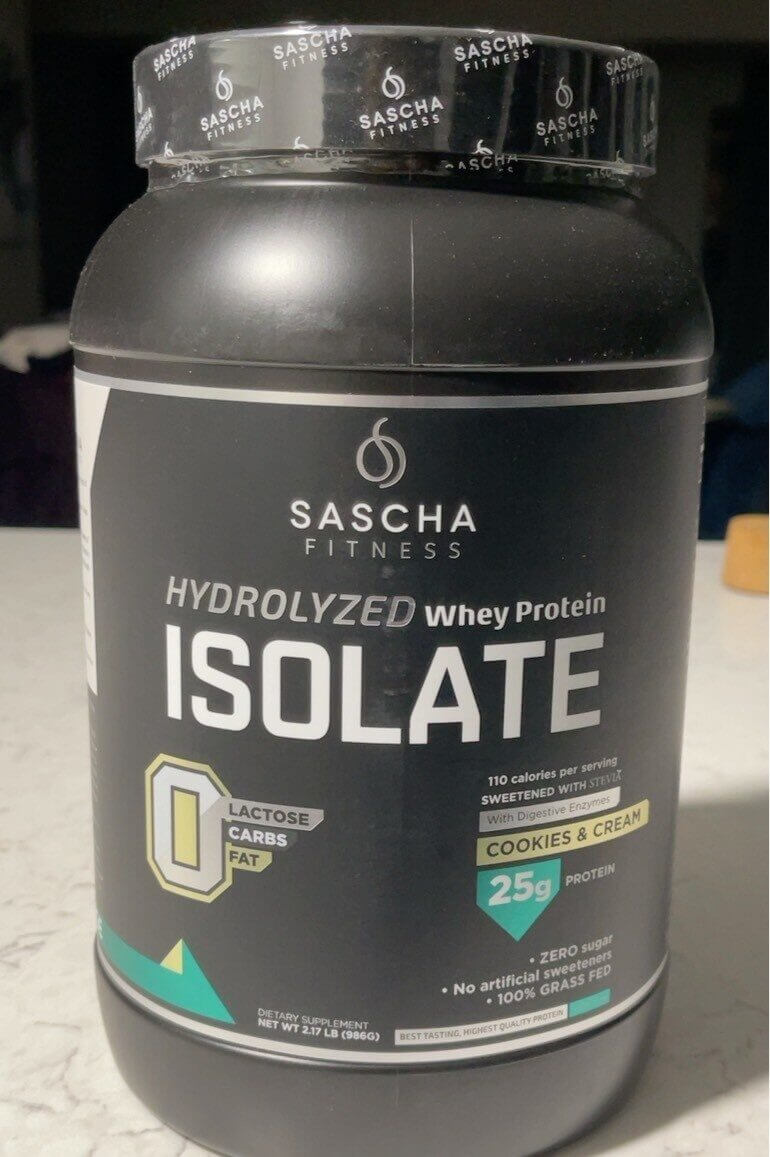
Protein Powders and Digestive Health: What You Need to Know
Protein powders can impact digestion positively or negatively depending on type and individual factors.
Digestibility and Absorption
- Whey protein: Generally highly digestible, but lactose-intolerant individuals may experience discomfort.
- Plant proteins: Some have fiber and anti-nutrients that can cause gas or bloating; blends with digestive enzymes reduce this.
Role of Added Ingredients
- Many powders include probiotics or digestive enzymes (e.g., protease) to enhance gut health and protein breakdown.
- Fibers like inulin can support gut bacteria but may cause gas in sensitive individuals.
Tips for Digestive Comfort
- Start with smaller doses and gradually increase.
- Choose powders labeled “lactose-free” or “hypoallergenic” if needed.
- Drink enough water.
- Incorporate fiber-rich whole foods in your diet to balance gut health.
FAQs About Best Protein Powder
1. What is the best protein powder for muscle gain?
The best protein powder for muscle gain is typically whey protein isolate or concentrate, as it is rich in essential amino acids and quickly absorbed by the body. It helps stimulate muscle protein synthesis effectively after workouts.
2. Can protein powder help with weight loss?
Yes, protein powder can aid weight loss by increasing satiety, reducing hunger, and preserving lean muscle mass during calorie restriction. Choosing low-calorie, low-carb protein powders supports fat burning without excess calories.
3. Are plant-based protein powders as effective as whey?
Plant-based protein powders can be as effective if they provide a complete amino acid profile. Blends like pea and rice protein complement each other to match whey’s quality, making them excellent options for vegans or those with dairy allergies.
4. How much protein powder should I take daily?
Protein needs vary, but generally, 20-30 grams per serving, 1-3 times a day, works well for most people. Total daily intake should align with your body weight, activity level, and dietary protein from food sources.
5. When is the best time to take protein powder?
The best time is within 30 minutes after workouts to support muscle recovery. Additionally, consuming protein powder evenly throughout the day helps maintain muscle protein synthesis.
6. Is protein powder safe for everyone?
Protein powder is safe for most people when taken within recommended doses. However, those with kidney disease, allergies, or digestive issues should consult a healthcare provider before use.
7. Can protein powder cause kidney damage?
For healthy individuals, moderate protein intake, including from protein powders, does not cause kidney damage. Excessive intake should be avoided, especially by people with existing kidney problems.
8. How to choose the best protein powder for me?
Look for powders with high protein content per serving, minimal additives, and ingredients aligned with your dietary preferences (e.g., vegan, lactose-free). Consider your fitness goals and any allergies.
9. What are the differences between whey protein concentrate and isolate?
Whey concentrate contains more fat and lactose, with about 70-80% protein, while whey isolate is purer with 90%+ protein and less lactose. Isolate is better for lactose-intolerant individuals or those wanting lower calories.
10. Can I use protein powder if I am lactose intolerant?
Yes, choose lactose-free protein powders like whey isolate, egg white protein, or plant-based powders such as pea or rice protein that are naturally lactose-free.
11. How does protein powder support recovery after exercise?
Protein powder supplies amino acids necessary for repairing muscle fibers damaged during exercise, reducing soreness, and improving muscle growth and strength over time.
12. Are there side effects of using protein powders?
Some people may experience digestive issues like bloating or gas, especially with dairy-based powders. Allergies and excessive intake can also cause problems, so start with small doses and choose powders that suit your tolerance.
13. Can protein powders be part of a vegetarian or vegan diet?
Absolutely. There are many plant-based protein powders such as pea, hemp, and brown rice protein that provide essential amino acids, making them perfect for vegetarian and vegan diets.
14. Does protein powder help with weight gain?
Yes, protein powders can help with healthy weight gain by providing extra calories and protein necessary to build muscle mass when combined with strength training.
15. How do I store protein powder to keep it fresh?
Store protein powder in a cool, dry place, away from moisture and direct sunlight. Seal the container tightly after each use to prevent clumping and spoilage.


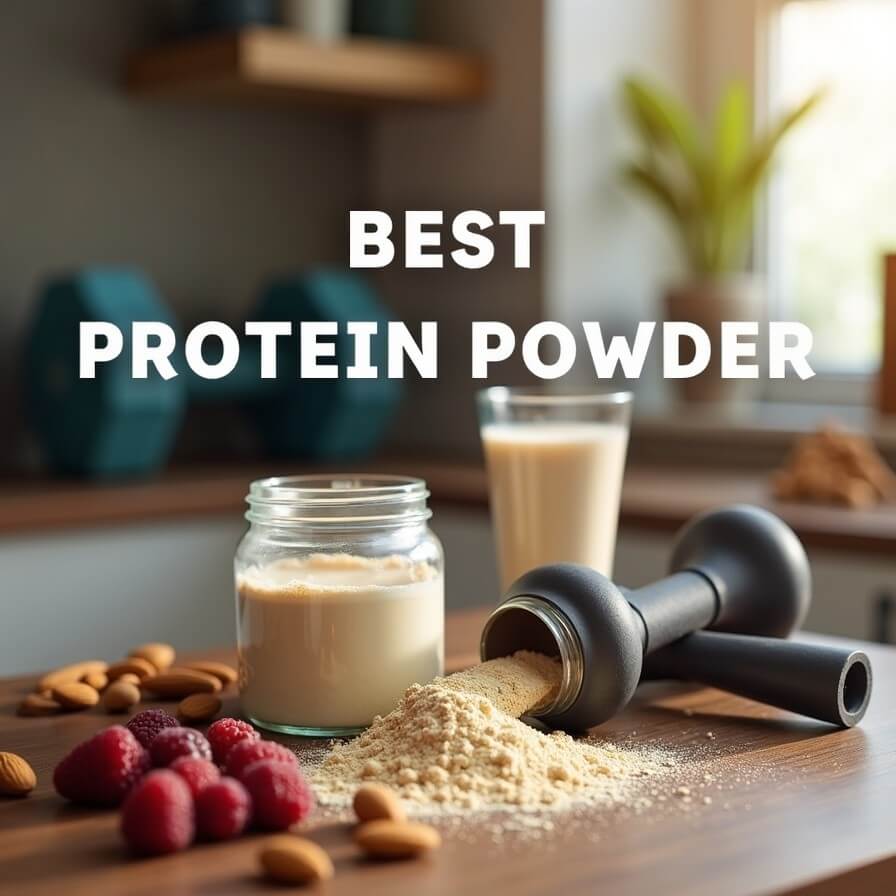
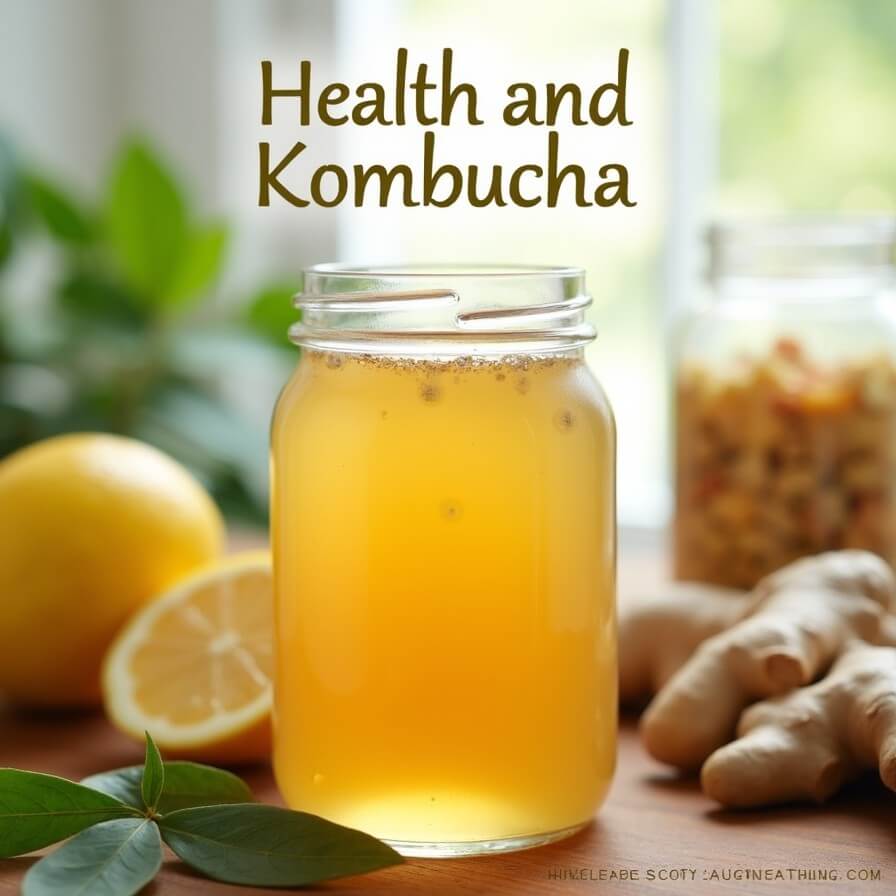
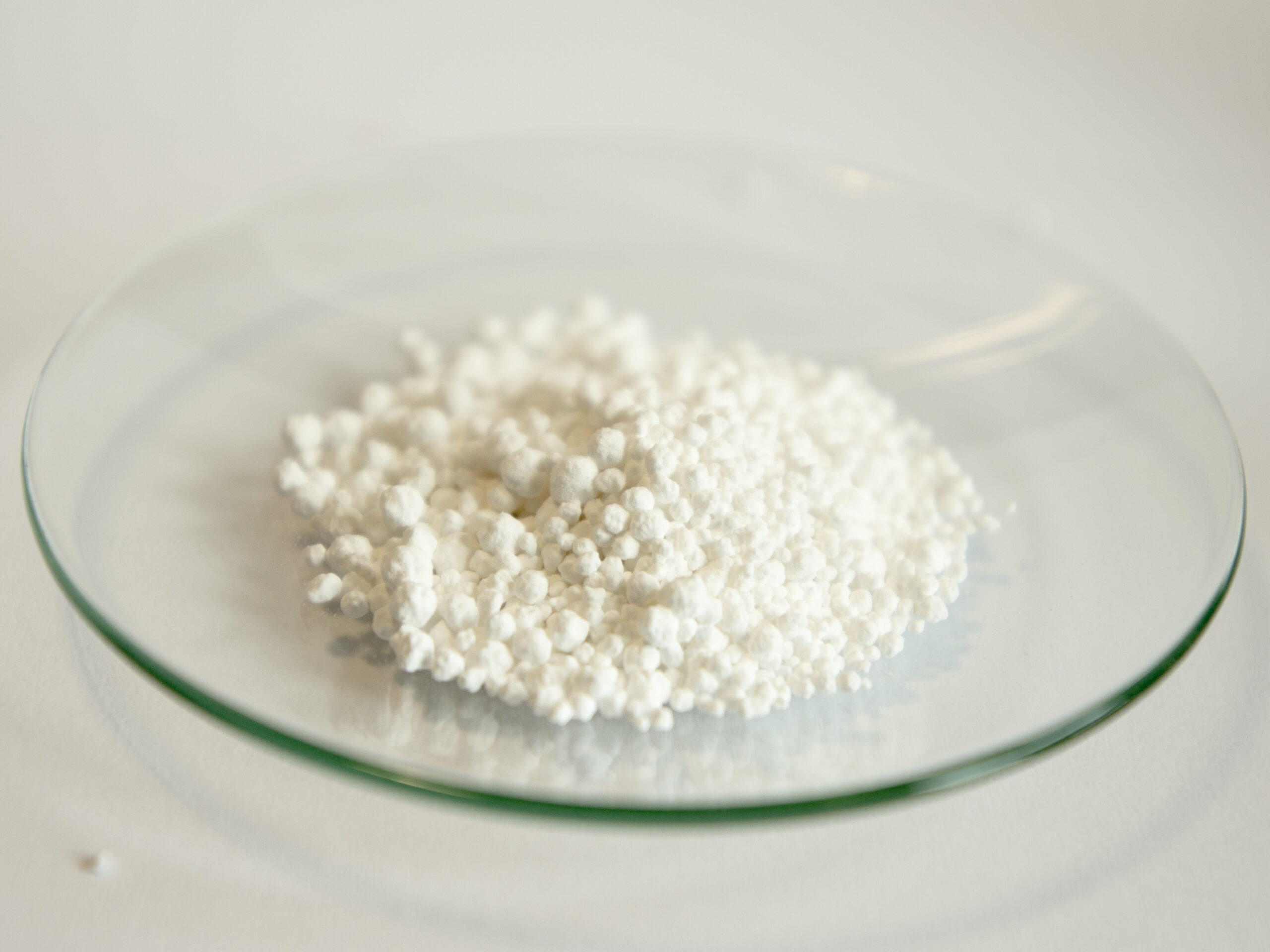

Some genuinely prize articles on this website , saved to my bookmarks.
It’s interesting how accessible online gaming is becoming! Seeing platforms like legend link ph com cater specifically to Filipino players with localized support is a smart move. Responsible gaming is key, though! 🤔
I’ll immediately clutch your rss as I can not in finding your e-mail subscription link or e-newsletter service. Do you have any? Kindly permit me understand so that I may just subscribe. Thanks.
Just wanna state that this is extremely helpful, Thanks for taking your time to write this.
Its superb as your other posts : D, regards for posting. “It takes less time to do things right than to explain why you did it wrong.” by Henry Wadsworth Longfellow.
After research just a few of the blog posts on your web site now, and I actually like your approach of blogging. I bookmarked it to my bookmark web site record and will be checking back soon. Pls try my site as nicely and let me know what you think.
I know this if off topic but I’m looking into starting my own blog and was wondering what all is needed to get setup? I’m assuming having a blog like yours would cost a pretty penny? I’m not very web smart so I’m not 100 positive. Any recommendations or advice would be greatly appreciated. Cheers
Hi my loved one! I wish to say that this article is amazing, nice written and include approximately all important infos. I would like to see more posts like this.
Currently it appears like BlogEngine is the top blogging platform available right now. (from what I’ve read) Is that what you’re using on your blog?
The 3jlcasinologin process was speedy as heck. I signed up and got logged in, in record time. Give 3jlcasinologin a try.
It is in point of fact a great and useful piece of info. I’m satisfied that you just shared this useful info with us. Please keep us up to date like this. Thanks for sharing.
Cassino222, huh? Simple and catchy. I’m all about finding new places to play. If you’ve got some fun games and decent odds, you might just become my favorite cassino222.
Its such as you read my mind! You appear to grasp a lot approximately this, such as you wrote the ebook in it or something. I think that you simply can do with a few to force the message house a bit, but instead of that, this is excellent blog. A great read. I will definitely be back.
I think this is among the most significant info for me. And i’m glad reading your article. But want to remark on some general things, The web site style is wonderful, the articles is really excellent : D. Good job, cheers
Hello! I just would like to give a huge thumbs up for the great info you have here on this post. I will be coming back to your blog for more soon.
Thank you for sharing with us, I believe this website truly stands out : D.
Alright alright, 888vibet is pulling its weight. I like the vibe they’ve got going on, plus the payouts have been pretty quick. If you’re scouting around, give them a peek. Check out 888vibet – you might dig it as much as I do.
Great post. I was checking constantly this blog and I’m impressed! Extremely helpful info specially the last part 🙂 I care for such info a lot. I was seeking this certain information for a very long time. Thank you and best of luck.
I like this post, enjoyed this one appreciate it for posting. “‘I have done my best.’ That is about all the philosophy of living one needs.” by Lin Yutang.
I also believe thus, perfectly indited post! .
Do you have a spam problem on this blog; I also am a blogger, and I was curious about your situation; we have developed some nice methods and we are looking to trade techniques with others, why not shoot me an e-mail if interested.
Playtimecasinologin is pretty straightforward. No weird hoops to jump through to get logged in, which is a win in my book. Check it out here: playtimecasinologin
It is the best time to make some plans for the long run and it is time to be happy. I have read this publish and if I could I wish to recommend you few fascinating issues or advice. Maybe you could write next articles relating to this article. I wish to learn even more issues approximately it!
hi!,I love your writing very much! proportion we be in contact more about your article on AOL? I require a specialist on this house to solve my problem. May be that is you! Taking a look forward to look you.
Very interesting information!Perfect just what I was searching for! “Justice delayed is justice denied.” by William Gladstone.
Khelrajaapp – not the worst app I’ve used. Could use a UI update, but it gets the job done. I’ve had a few decent wins here. See if you can get lucky too! khelrajaapp.
Hi there this is kind of of off topic but I was wanting to know if blogs use WYSIWYG editors or if you have to manually code with HTML. I’m starting a blog soon but have no coding experience so I wanted to get guidance from someone with experience. Any help would be enormously appreciated!
I went over this internet site and I conceive you have a lot of great information, saved to fav (:.
Nice post. I was checking constantly this blog and I am impressed! Very helpful info specifically the remaining phase 🙂 I deal with such info a lot. I was seeking this certain info for a long time. Thanks and good luck.
Hey everyone! Thinking about trying k9ccbet. Looks promising, but always good to get a second opinion. Anyone have experiences to share?
I’m impressed, I must say. Actually rarely do I encounter a blog that’s each educative and entertaining, and let me tell you, you could have hit the nail on the head. Your concept is excellent; the problem is one thing that not enough persons are talking intelligently about. I am very blissful that I stumbled throughout this in my search for one thing relating to this.
Thông qua hệ thống tường lửa WAF 5 lớp và công nghệ mã xác thực 2AF, rtp slot365 ẩn danh tuyệt đối mọi tài khoản người chơi đồng thời, mã hóa toàn bộ hoạt động khi hội viên truy cập, sử dụng dịch vụ, sản phẩm. Vì thế, bạn hoàn toàn có thể yên tâm khi cá cược tại đây. TONY12-26
There is noticeably a bundle to know about this. I assume you made certain nice points in features also.
Downloaded the kkkjililoginapp and it’s actually pretty smooth. Makes logging in a breeze. No more typos in the username, haha. Worth the download if you’re on mobile a lot.
Please let me know if you’re looking for a writer for your site. You have some really great posts and I feel I would be a good asset. If you ever want to take some of the load off, I’d really like to write some material for your blog in exchange for a link back to mine. Please send me an email if interested. Kudos!
I’m not sure why but this web site is loading extremely slow for me. Is anyone else having this problem or is it a issue on my end? I’ll check back later on and see if the problem still exists.
You really make it seem so easy along with your presentation but I in finding this topic to be actually something that I believe I might never understand. It seems too complex and very broad for me. I’m taking a look ahead on your subsequent submit, I?¦ll attempt to get the cling of it!
There may be noticeably a bundle to find out about this. I assume you made certain good factors in options also.